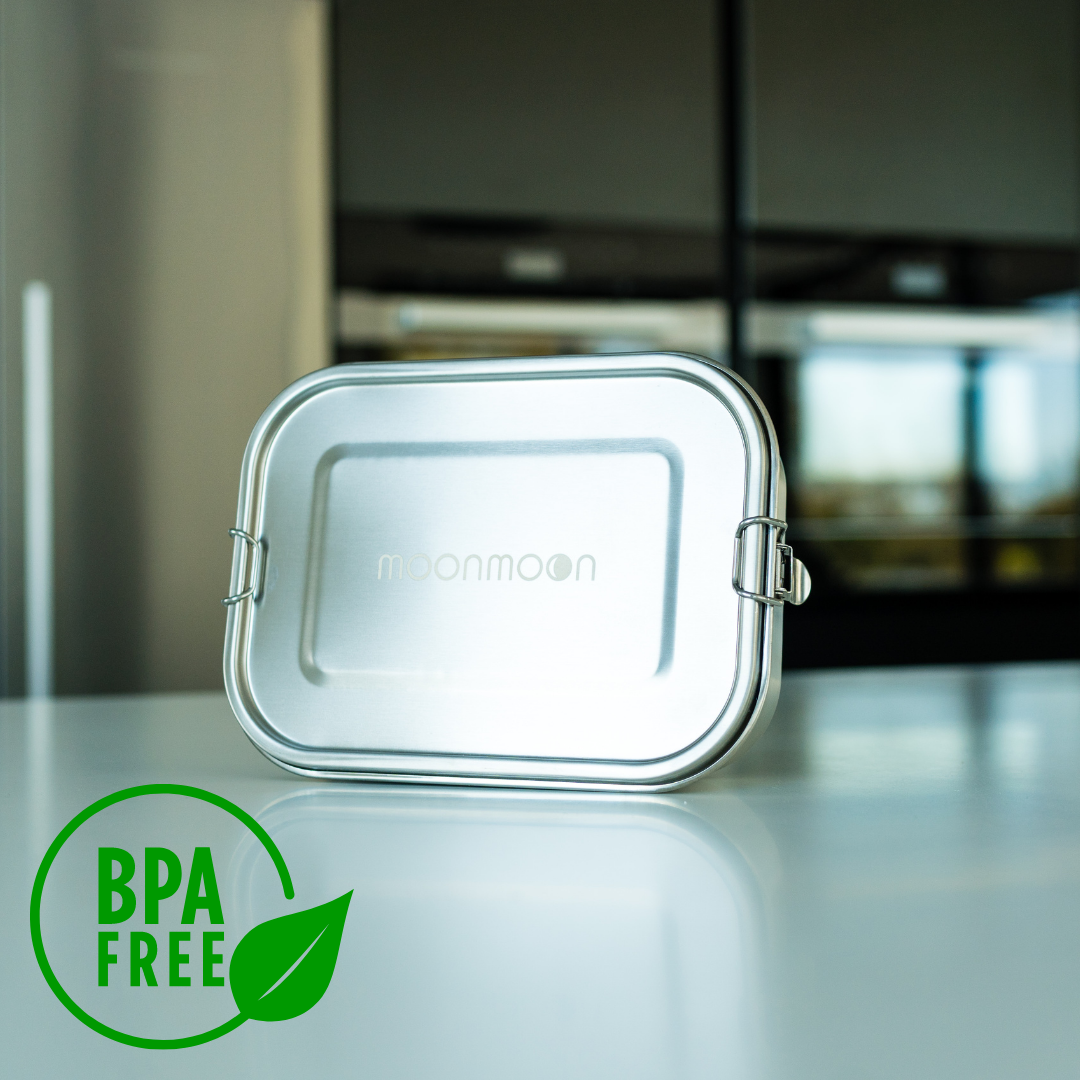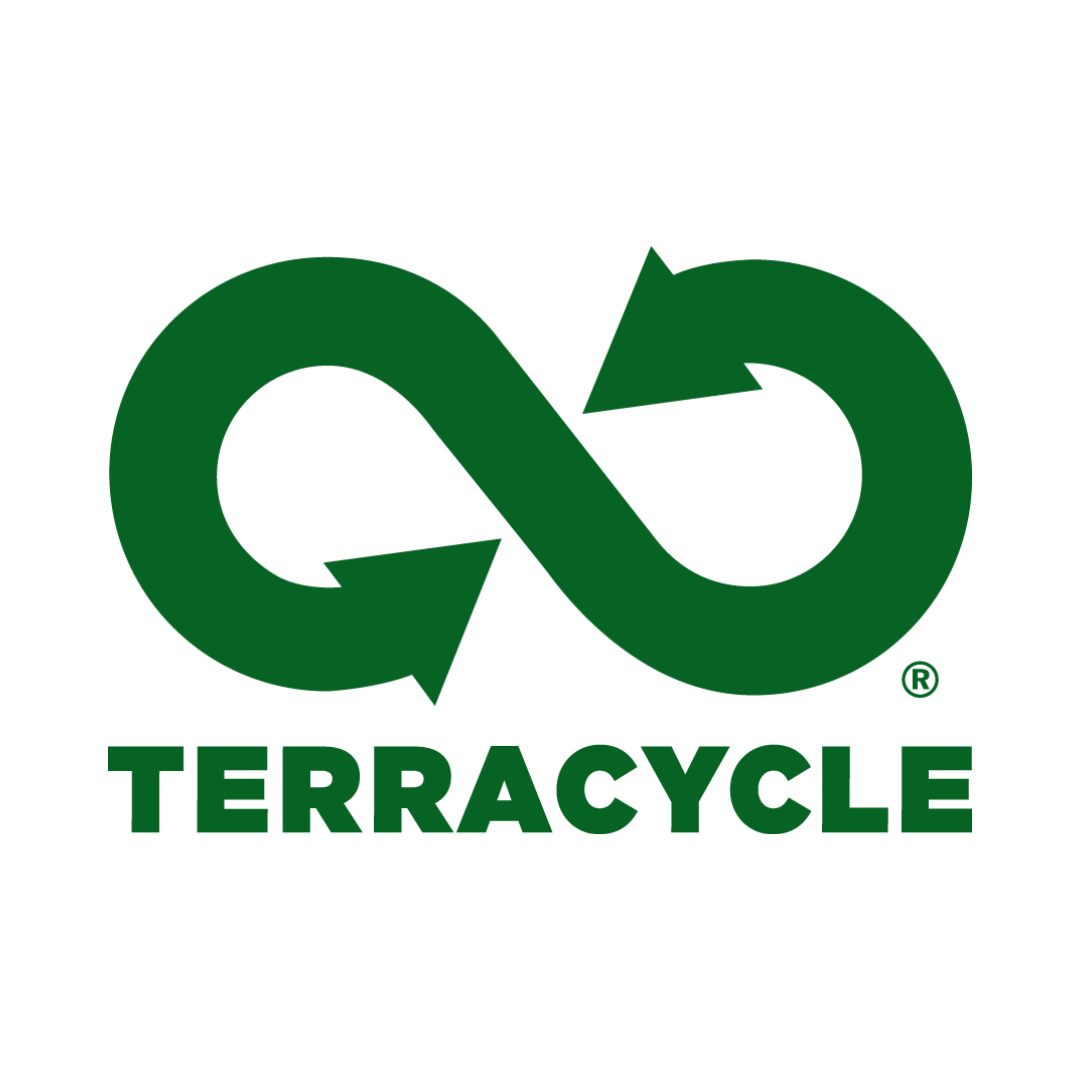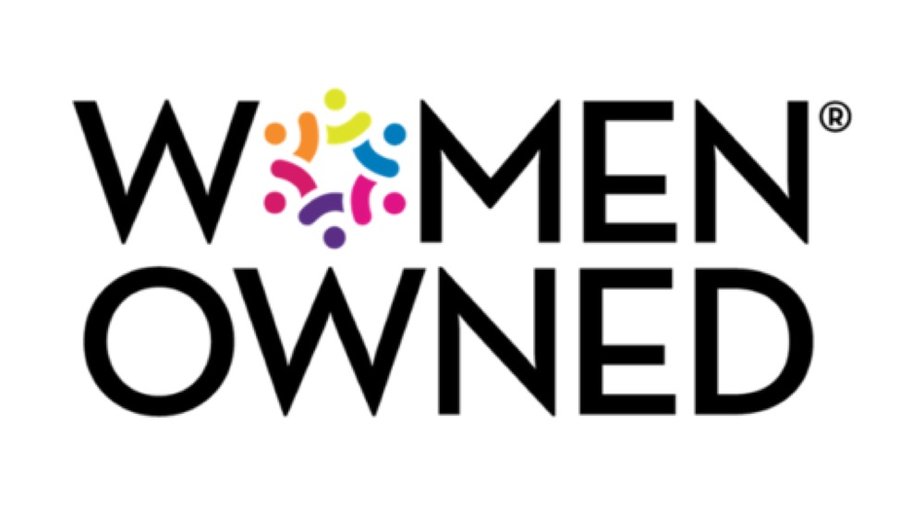
What's all the fuss about BPA? Where can it be found and should I be avoiding it?
BPA is one of the most common chemicals to which we are exposed to in our everyday life. It is the building block of polycarbonate plastic, and is also used in the manufacturing of epoxy resins for lining metal food and beverage cans.
Some research has shown that BPA can seep into food or beverages from containers that are made with BPA.
Exposure to BPA is of concern because of the possible health effects on the brain and prostate gland of fetuses, infants and children. It may also affect children's behaviour. Moreover, some research suggests a possible link between BPA and increased blood pressure, type 2 diabetes and cardiovascular disease.
At the same time, the production of BPA-containing plastics can also create pollution in the local environment.

Here are our top tips for how to reduce your exposure to BPA!
- Use BPA-free products. Look for products labelled as BPA-free or 'non toxic'. If a product isn't labelled, keep in mind that some, but not all, plastics marked with recycle code 3 or 7 may contain BPA.
- Avoid heat. Don't put plastic containers in the microwave or dishwasher, because the heat may break them down over time and allow BPA to leach into foods.
- Try cooking from scratch. This way you avoid lots of unnecessary processed foods and waste.
- Focus on fresh whole foods. When you can, choose fresh whole fruits and vegetables. If you can't get them fresh, buy frozen fruit and vegetables.
- Use glass, porcelain or stainless-steel containers for hot foods and liquids instead of plastic containers.
- Kick the canned food and plastic habit! Eat fresh produce. Enjoy your farmers market and pick up some nice fresh foods. You can even freeze them for later use. Try our reusable silicone food storage bags for this.
- If you do buy preserved food, opt for glass jars where possible. Although they are slightly more expensive, you can reuse the jar for storage. Bonus!
- Use dried beans instead of canned. It might be a little more work, but the taste makes up for it and it is also the healthier option.
- Try to avoid using plastic for storage. Invest in some nice reusable glassware or stainless-steel instead.
- When purchasing water bottles, use a glass or stainless steel water bottle. Same goes for reusable coffee cups
- When purchasing toys consider non-toxic wooden toys. If purchasing plastic toys, look for non-toxic/BPA-free.
At Moonmoon we offer a range of products all BPA free. Our lunchboxes and snack pots are made from BPA free stainless steel. Our reusable silicone bags, beeswax wraps and produce bags are a great alternative to disposable plastic options.




